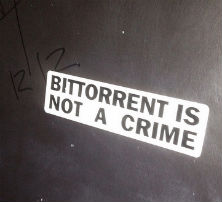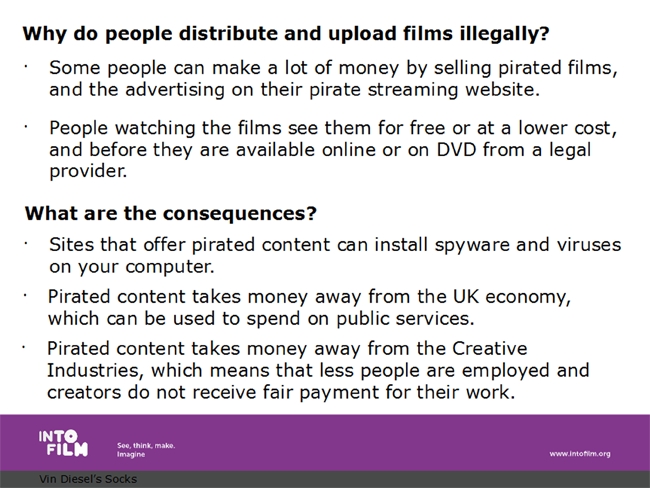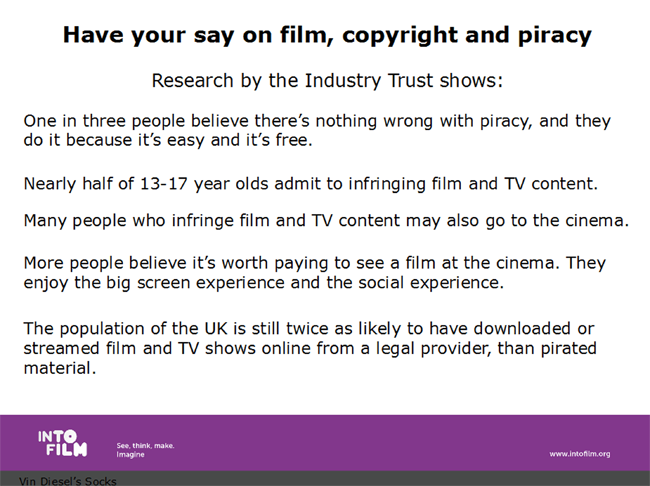U.S. Govt Reviews Impact and Efficacy of DMCA Safe Harbor
mardi 5 janvier 2016 à 16:49 Signed into law by President Bill Clinton in 1998, the Digital Millenium Copyright Act (DMCA) aimed to ready copyright law for the digital age.
Signed into law by President Bill Clinton in 1998, the Digital Millenium Copyright Act (DMCA) aimed to ready copyright law for the digital age.
The law introduced a safe harbor for Internet services, meaning that they can’t be held liable for their pirating users as long as they properly process takedown notices and deal with repeat infringers.
Today, the DMCA is perhaps more in the news than ever before. Just last month Internet provider Cox Communication was ordered to pay $25 million because it failed to disconnect subscribers whose connections were repeatedly used to pirate content.
In addition, millions of takedown notices are sent out every day while copyright holders and Internet services openly debate the effectiveness of the current DMCA takedown procedures.
To hear the growing concerns from all sides the U.S. Copyright Office has launched a public consultation in order to evaluate the impact and effectiveness of the DMCA’s safe harbor provisions.
“Among other issues, the Office will consider the costs and burdens of the notice-and-takedown process on large- and small-scale copyright owners, online service providers, and the general public. The Office will also review how successfully section 512 addresses online infringement and protects against improper takedown notices,” the Copyright Office writes.
Various stakeholders, including the public, are invited to answer a wide variety of questions. How effective takedown notices are in deterring piracy, for example, how costly the process is, and whether more should be done to assure that links don’t reappear elsewhere.
The latter issue was brought to the forefront recently when Google rejected the idea to ban entire domain names from its search results, or implement a system that would prevent content from reappearing under a new URL.
The consultation also mentions the “repeat infringer” issue which is a major concern for ISPs. At the moment it’s not common for Internet providers to disconnect subscribers who repeatedly pirate content, as there’s no clear definition of what a repeat infringer is.
Demanding a tougher stance, several copyright holders argue that notices without any repercussions are not going to be very effective.
The automated takedown tools which often lead to incorrect removals are raised as well. The same is true for more serious forms of abuse, where takedown notices are used to silence critics or stifle free speech.
“Service providers and advocacy groups have raised concerns about fraudulent and abusive section 512 notices that may restrain fair use, free speech, or otherwise misuse the notice-and-takedown process,” the Copyright Office notes.
“Some of the concerns arise from takedown notices for content that appears to constitute an obvious fair use of a copyright work. Others relate to efforts to remove criticism or commentary—such as negative reviews—under the guise of copyright.”
For their part, copyright holders believe that many Internet services are simply hiding behind their safe harbor protections. A more proactive stance to deal with various forms of piracy is required, they argue.
Considering the parties involved and the stakes at hand, copyright holders, Internet services and ISPs will leave no resource untapped to have their views heard. In any event, the Copyright office will have to plow through a lot of contrasting opinions.
Source: TorrentFreak, for the latest info on copyright, file-sharing, torrent sites and ANONYMOUS VPN services.
 As the brains and machinery behind uTorrent and the Mainline BitTorrent clients, BitTorrent Inc. is the market leader in consumer focused, peer-to-peer file-sharing tools.
As the brains and machinery behind uTorrent and the Mainline BitTorrent clients, BitTorrent Inc. is the market leader in consumer focused, peer-to-peer file-sharing tools.

 Last November several pirated copies of 4K videos
Last November several pirated copies of 4K videos 
 This week we have two newcomers in our chart.
This week we have two newcomers in our chart.